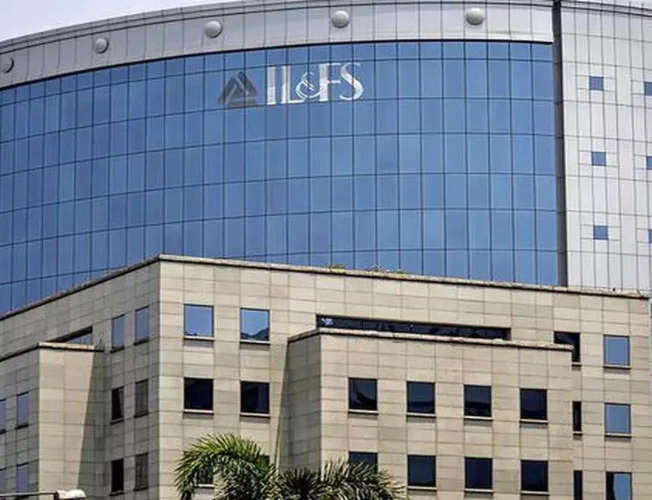The Infrastructure Leasing & Financial Services (IL&FS) Group, once a leading player in the Indian infrastructure financing sector, is facing a new challenge. The company, which went bankrupt in October 2018, is now seeking judicial intervention to prevent being classified as a “wilful defaulter” by the Reserve Bank of India (RBI) and several public sector banks.
Seeking Relief from NCLAT
To avoid the harsh consequences of being labelled a “wilful defaulter,” the IL&FS Group has approached the National Company Law Appellate Tribunal (NCLAT). Their petition seeks to restrain the RBI and 11 public sector banks from taking action against the company and its board members who assumed control after the bankruptcy.
Understanding the Wilful Defaulter Tag
The Reserve Bank of India defines a wilful defaulter as a borrower who deliberately avoids repaying loans despite having the capacity to do so. This classification has severe repercussions, including restrictions on future borrowings, potential legal action against the company and its directors, and reputational damage.
IL&FS’s Argument for Avoiding the Classification
The crux of IL&FS’s argument hinges on the claim that their financial difficulties stem from factors beyond their control, not deliberate negligence. They argue that the challenging economic environment, combined with a series of project delays and cost overruns, led to their financial woes. They maintain that the board, which took charge post-bankruptcy, has been working tirelessly to revive the company and repay creditors in a time-bound manner.
Potential Implications for IL&FS
If the NCLAT rules in favor of IL&FS, it would provide significant relief for the company. Avoiding the “wilful defaulter” tag would potentially unlock access to fresh financing, allowing them to progress with their revival plans and address outstanding debts. However, if the NCLAT upholds the banks’ decision, the road to recovery could become significantly more arduous.
Legal Ramifications and Broader Impact
The NCLAT’s decision in this case will be closely watched by the Indian financial sector. It could set a precedent for future cases involving companies facing similar challenges and seeking to avoid the “wilful defaulter” classification.
The Road Ahead
The NCLAT is yet to make a final ruling on IL&FS’s petition. The court proceedings will likely involve in-depth analyses of the company’s financial records, the factors contributing to its difficulties, and the efforts undertaken by the new board towards revival and debt resolution.
Conclusion
The IL&FS case highlights the complex challenges faced by companies in the Indian infrastructure sector. The outcome of this legal battle will have significant ramifications for the company’s future and potentially set a precedent for similar cases in the broader financial landscape.
Read more.. Marketing News, Advertising News, PR and Finance News, Digital News.





